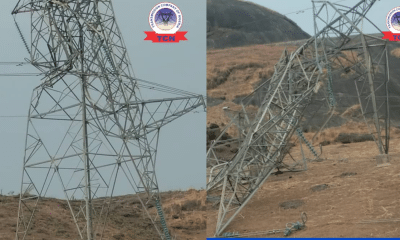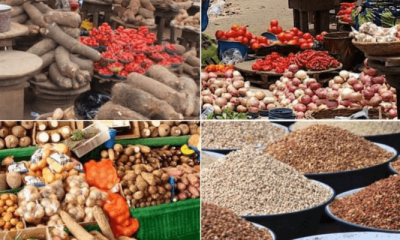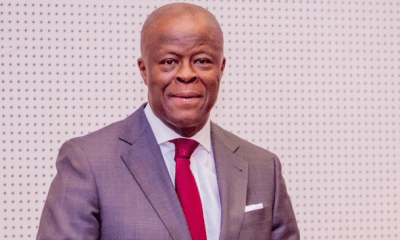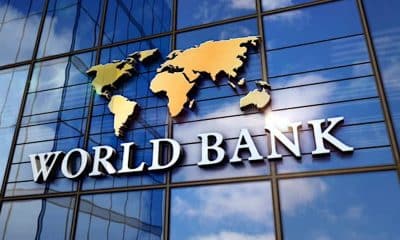Nigeria News
Borno, Adamawa, Others Risk Severe Food Crisis – World Bank Warns
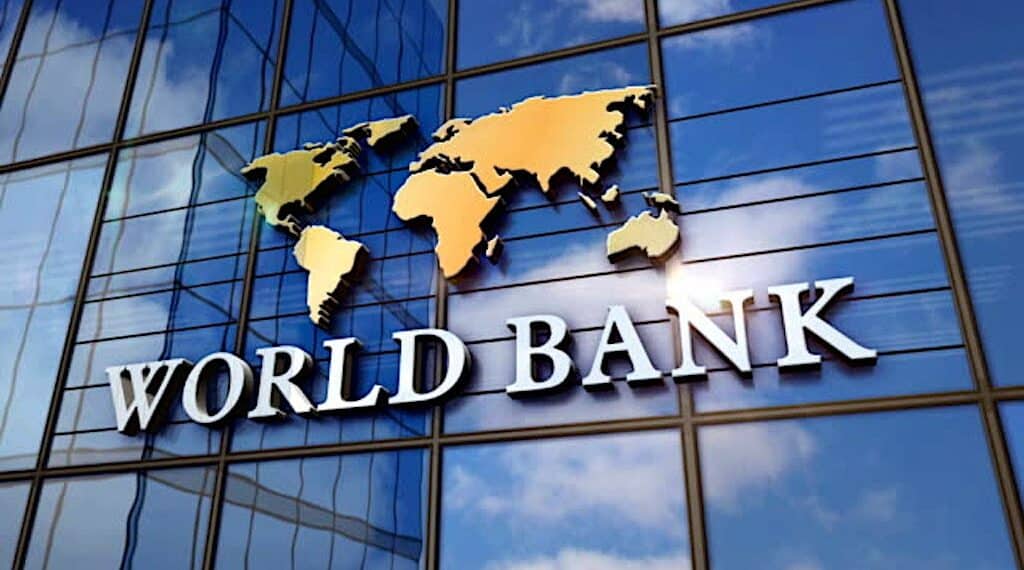
Due to high levels of instability and military conflicts that have lowered living conditions throughout the northern region, the World Bank has warned that seven states in the country’s north-west and north-east may experience food crises.
In its most recent report on food security, the bank predicted that most of West and Central Africa will continue to have minimal food insecurity through May 2024.
Naija News reports that the forecast coincides with the government’s plans to cultivate 323,000 hectares of farmland during the 2024 dry season, which will produce wheat, rice, maize, and cassava.
Borno, Adamawa, Kaduna, Katsina, Yobe, Sokoto, and Zamfara states are the states the bank has predicted to be severly affected by food insecurity.
The report read, “It is projected that most areas in West and Central Africa will remain minimally food insecure until May 2024, with some being categorised as Stressed IPC 2. Nigeria (far north of Adamawa, Borno, Kaduna, Katsina, Sokoto, Yobe, Zamfara states) will be at crisis food security levels, mostly because of persistent insecurity and armed conflict and deteriorating livelihoods.”
The prolonged conflict between Russia and Ukraine has exacerbated food inflation, a problem many governments worldwide have been dealing with.
There has been a geometric increase in the price of food products in Nigeria.
The report also emphasizes the unstable state of affairs many Nigerian states are in as food prices skyrocket. Food inflation is estimated to be more than 33 per cent in the National Bureau of Statistics’ most recent CPI data.
The Food and Agricultural Organization warned in October, estimating that 5 million Nigerians could be hungry by 2024.
According to the report, there will be different levels of food insecurity in other West African nations like Burkina Faso, Chad, and Niger.
In its Africa Regional Overview of Food Security and Nutrition report, the UN stated that 78 percent of Africans have not been able to afford a healthy diet since the 2020 COVID-19 epidemic began.
Food insecurity was placed on the National Security Council after President Bola Tinubu proclaimed a national emergency in July. But given how quickly food costs are rising, the move has had little effect.
In response to growing food costs and widespread hunger, there was a demonstration in Niger State on Monday.

